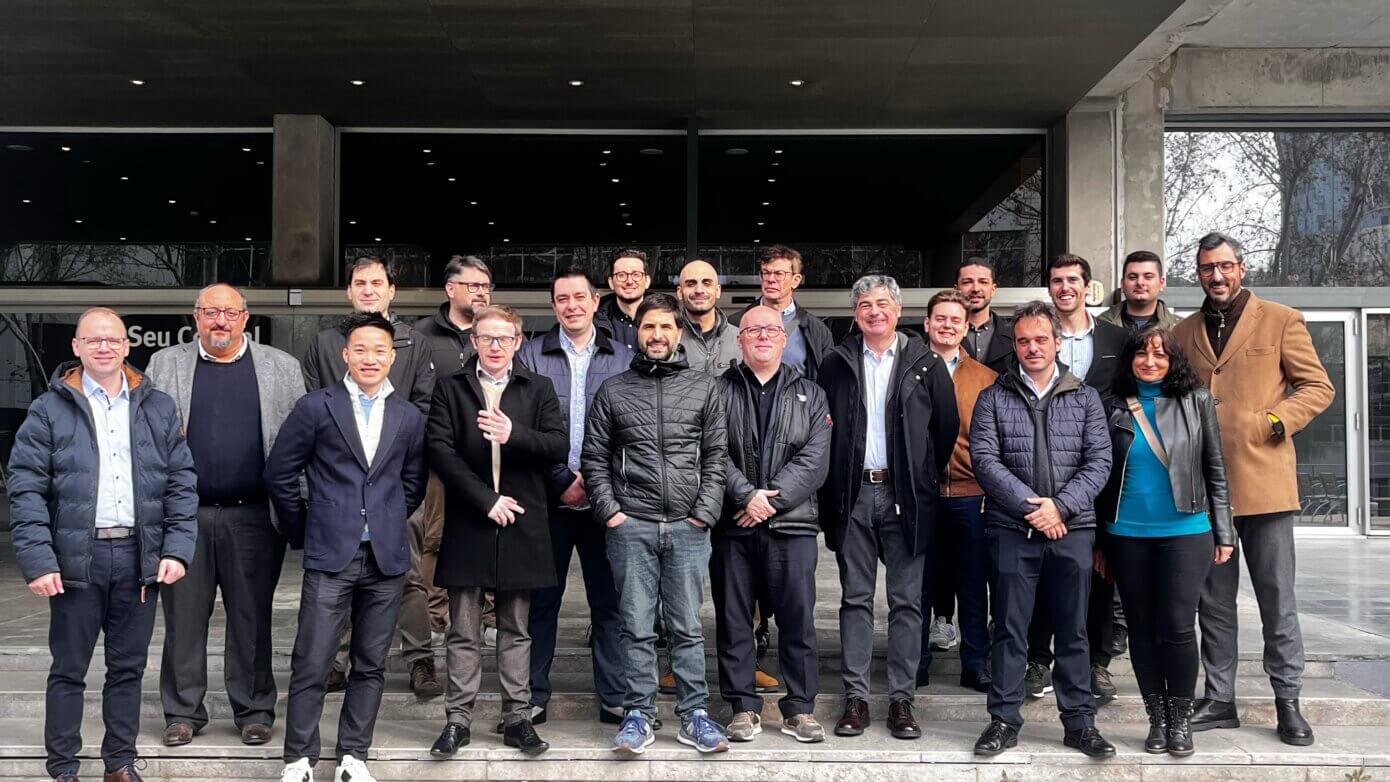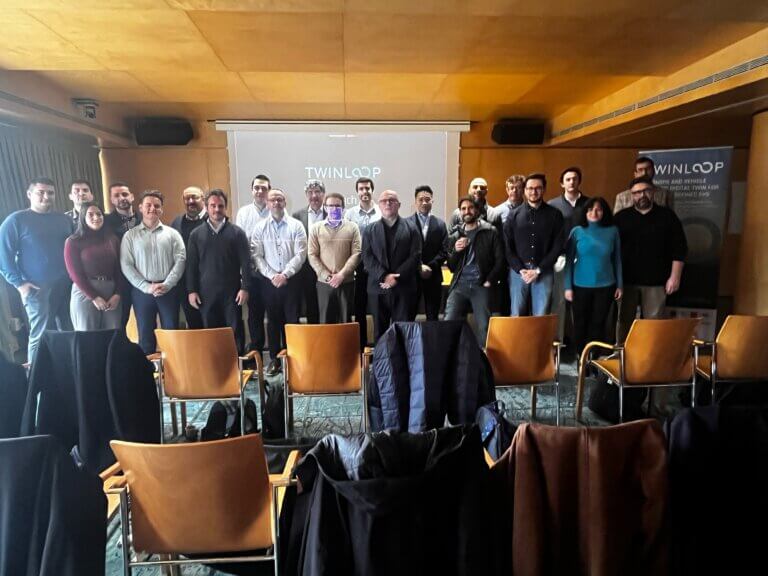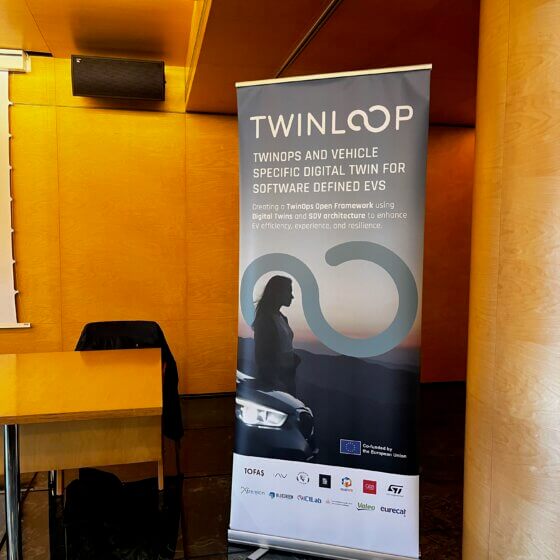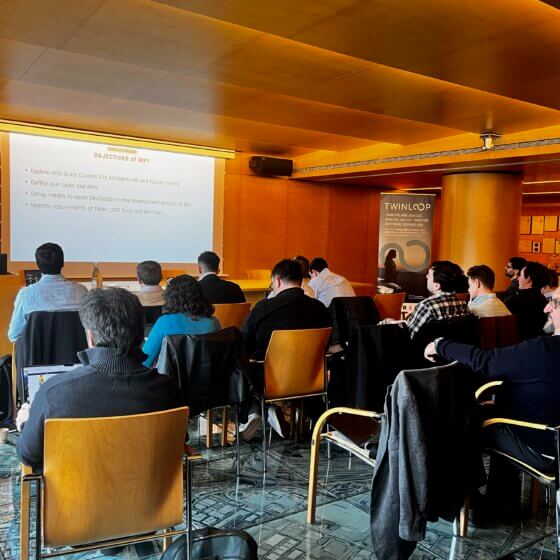As part of the WP4 activities of the Twin-Loop project, a survey has been launched in collaboration with Xtremion. The initiative is designed to collect valuable input from electric vehicle (EV) drivers, with the aim of supporting the development of the Twin-Loop applications and improving the understanding of user preferences and data collection requirements.
The survey has three main objectives:
-
To identify the current preferences and concerns of EV drivers
-
To gather feedback that will directly inform the design and functionality of the TwinLoop Apps
-
To obtain insights into relevant data to ensure that future solutions are aligned with actual user needs
🔗 Access the survey here: https://www.surveymonkey.com/r/L663J6Q
The survey can also be distributed using the QR code provided in the image below.

This input will play a crucial role in shaping innovative, user-oriented solutions for the electric mobility ecosystem.





